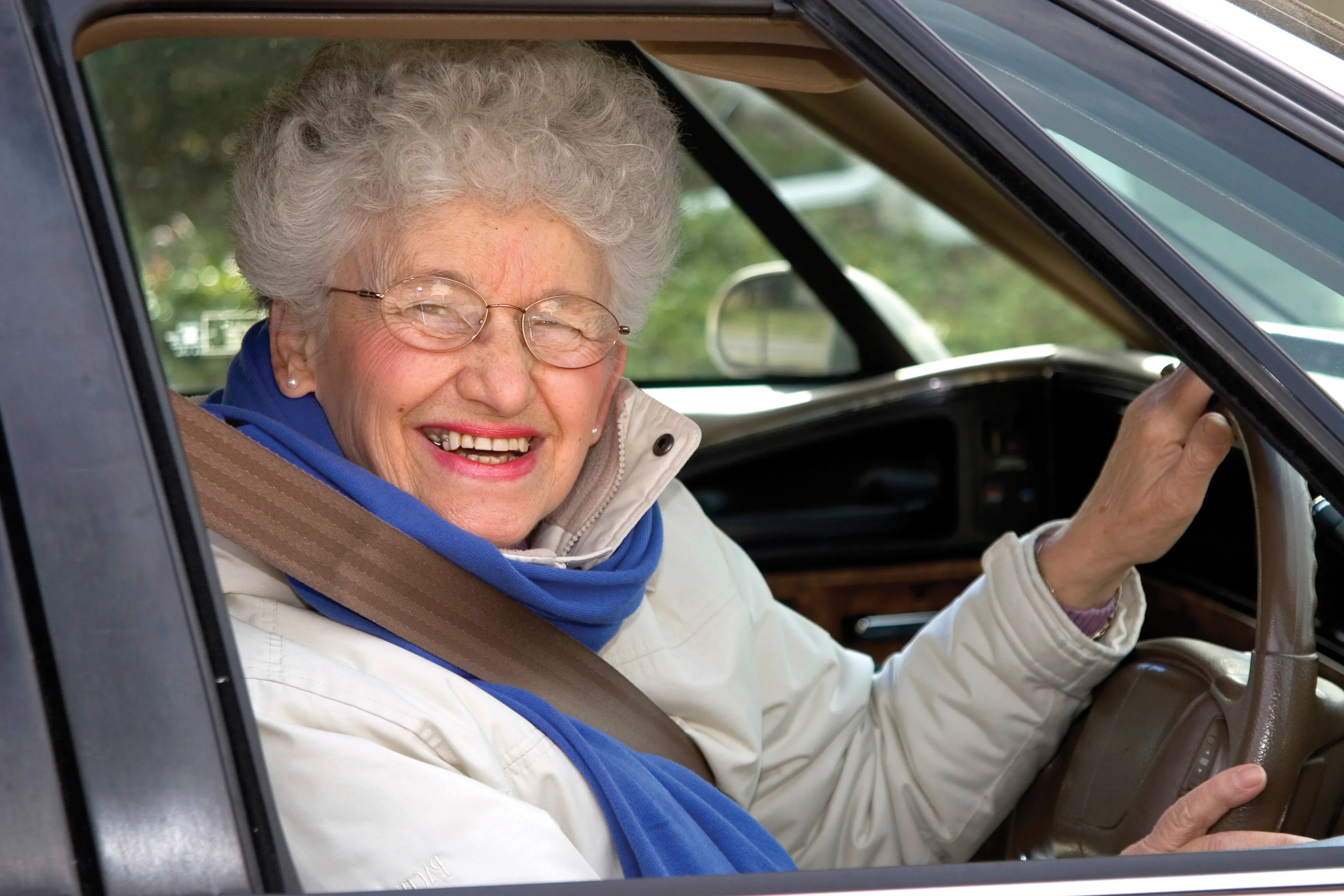UK drivers are being urged to take a break and enjoy their food away from their vehicles, as road safety charity Brake and Direct Line reveal more than six in ten (62%) have eaten at the wheel in the past year.
Further alarming figures revealed that three in ten (29%) unwrapped food themselves at the wheel - a telling symptom, says Brake and Direct Line, of busy lifestyles putting lives at risk. Studies have suggested eating a meal at the wheel increases your risk of a devastating crash as much as talking
February 21, 2014
Read time: 3 mins
UK drivers are being urged to take a break and enjoy their food away from their vehicles, as road safety charity 3963 Brake and 3962 Direct Line reveal more than six in ten (62%) have eaten at the wheel in the past year.
Further alarming figures revealed that three in ten (29%) unwrapped food themselves at the wheel - a telling symptom, says Brake and Direct Line, of busy lifestyles putting lives at risk. Studies have suggested eating a meal at the wheel increases your risk of a devastating crash as much as talking on a phone.
Brake and Direct Line's survey of 1,000 drivers reveals that in the past year: three in ten (29%) have opened and eaten food at the wheel. A third (33%) have eaten food that was unwrapped and passed to them by a passenger. One in 50 (2%) has narrowly avoided a crash in the past year, having had to Brake or swerve to avoid a hazard because they were distracted by food or drink.
The numbers of UK drivers eating at the wheel reflects a wider trend towards eating on the move, as lifestyles become ever more fast-paced. Britons have been found to spend more on food eaten on the move than any other country in Europe, with our continental neighbours more likely to take time out to enjoy meals.
Brake and Direct Line's survey shows it's not just meal times being squeezed by our busy lifestyles, as one in five drivers (20%) admit to doing their hair, applying make-up or otherwise tidying up their appearance while at the wheel. One in 20 (5%) admit doing so in free-flowing traffic, risking appalling crashes. Eating at the wheel is part of the wider problem of distracted drivers, believed to contribute to around one in five crashes (22%). Drivers who attempt to multi-task at the wheel are two to three times more likely to crash, and complex tasks like unwrapping and eating a burger increase the risk even more.
Brake is urging all drivers to give the road their full attention and save any other activities for regular breaks, which should be at least every two hours on long journeys. Brake also calls on government to make traffic policing a national priority to stop multi-tasking drivers putting lives at risk.
Of the Brake-Direct Line survey results, IAM (5125 Institute of Advanced Motorists) director of policy and research Neil Greig said, “Car and road designers have helped to deliver fewer deaths on our roads but the human factor is still the biggest issue in road safety. In isolation, eating, phoning, talking, chastising, map reading or glovebox rummaging all sound innocuous enough, but when combined with driving on today's busy roads they can have devastating consequences. Safe driving demands complete concentration and anything that takes your mind or your eyes off the road puts you and others at risk."
Further alarming figures revealed that three in ten (29%) unwrapped food themselves at the wheel - a telling symptom, says Brake and Direct Line, of busy lifestyles putting lives at risk. Studies have suggested eating a meal at the wheel increases your risk of a devastating crash as much as talking on a phone.
Brake and Direct Line's survey of 1,000 drivers reveals that in the past year: three in ten (29%) have opened and eaten food at the wheel. A third (33%) have eaten food that was unwrapped and passed to them by a passenger. One in 50 (2%) has narrowly avoided a crash in the past year, having had to Brake or swerve to avoid a hazard because they were distracted by food or drink.
The numbers of UK drivers eating at the wheel reflects a wider trend towards eating on the move, as lifestyles become ever more fast-paced. Britons have been found to spend more on food eaten on the move than any other country in Europe, with our continental neighbours more likely to take time out to enjoy meals.
Brake and Direct Line's survey shows it's not just meal times being squeezed by our busy lifestyles, as one in five drivers (20%) admit to doing their hair, applying make-up or otherwise tidying up their appearance while at the wheel. One in 20 (5%) admit doing so in free-flowing traffic, risking appalling crashes. Eating at the wheel is part of the wider problem of distracted drivers, believed to contribute to around one in five crashes (22%). Drivers who attempt to multi-task at the wheel are two to three times more likely to crash, and complex tasks like unwrapping and eating a burger increase the risk even more.
Brake is urging all drivers to give the road their full attention and save any other activities for regular breaks, which should be at least every two hours on long journeys. Brake also calls on government to make traffic policing a national priority to stop multi-tasking drivers putting lives at risk.
Of the Brake-Direct Line survey results, IAM (







